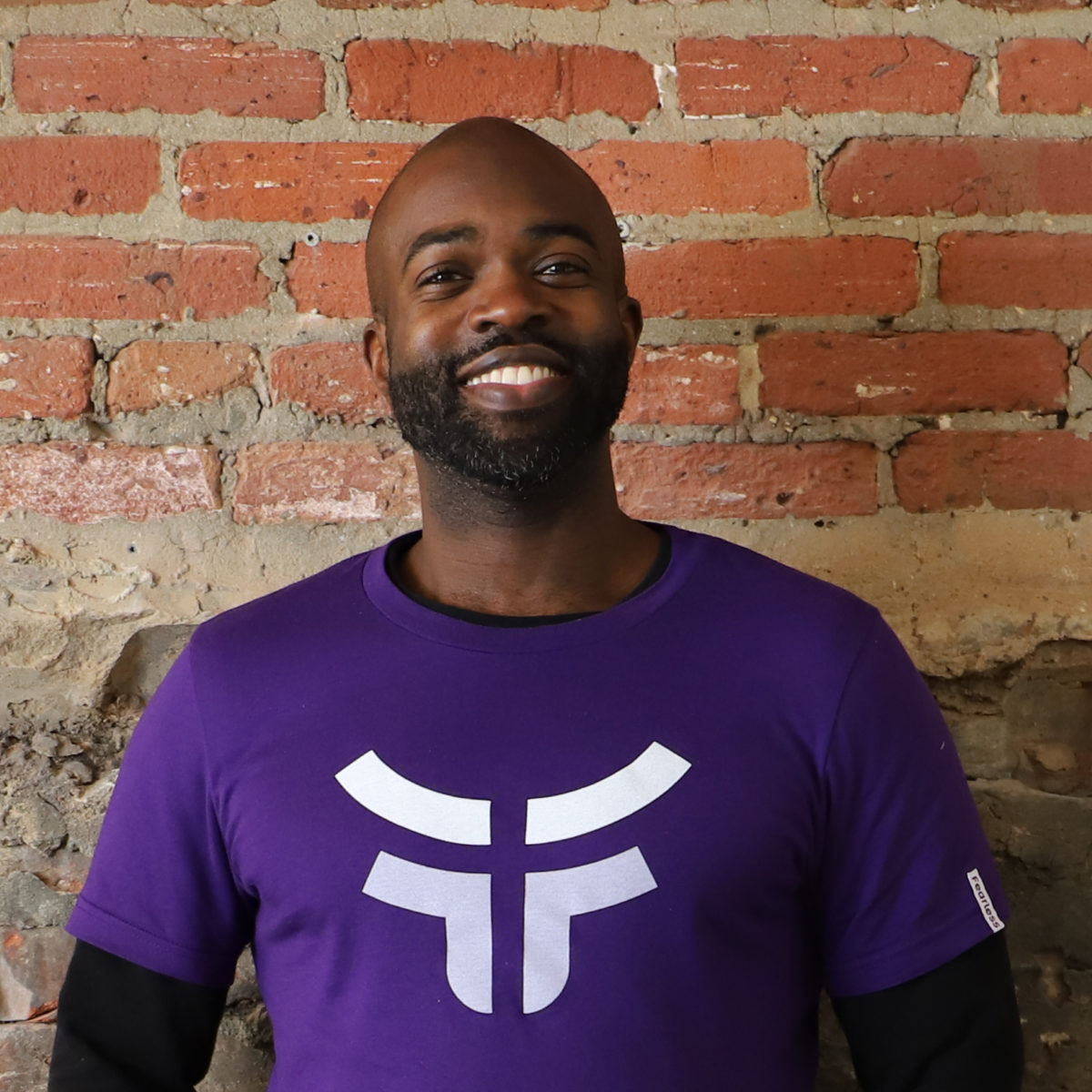The events of the past few weeks have brought to the surface yet again the existence of racism – the marginalization, inequitable and inhumane treatment of people of color. For your black colleagues, friends and neighbors, it’s a broken record that plays time and time again in this country. The inequity for people of color is baked into our nation’s systems, policies and laws.
As a business leader, I am proud of the way we have handled COVID-19. I think a lot of businesses have made adjustments necessary to ensure employees are safe, healthy and engaged during this pandemic. But when it comes to race, we as a society, as a business community, haven’t made the same effort. Race is still one of the main topics that isn’t acceptable to discuss in a professional setting, but it’s time for that to change.
It’s time to get comfortable with uncomfortable conversations. As a black business leader, I have realized it is my responsibility to help my team – specifically my black employees — to know that they are supported and to create a safe space for everyone to talk about how they feel in this moment.
In the tech industry, we have an opportunity to make a difference beyond company culture and HR practices. For those outside of our industry, the work we do in the tech space seems like “magic.” We can tell machines across the world to do things for us, and to most it’s voodoo. For many communities of color, technology has been a tool of oppression. Therefore, technology beyond phones, video games and computers, and technology as a solution, as a tool for good, is far-fetched. I believe we can change perspectives, and help our fellow neighbors see that the tech innovations we use to automate trading on the market, build the next viral game and help to help track and contain COVID-19 can be used to eradicate this historic and systemic disease that seems to linger in our country called racism. At Fearless, we envision a world where “good software powers things that matter,” and THIS — racism — matters because people are dying senselessly every day.
Our world is in desperate need of civic hackers. I invite my fellow tech leaders to join in the movement to use technology for good.
Fund volunteer time for your employees
Many community and nonprofit organizations need technology support. Provide your employees the opportunity to get engaged with paid service hours or matching donations. Hack Baltimore, for example, is looking for volunteers in the tech space to help solve civic problems in collaboration with community-based organizations.
Set ambitious hiring goals
The tech industry is one of the worst offenders in the diversity/inclusion space. Hire black people, but not just in entry-level positions. Your senior leadership team – beyond HR or Chief Diversity Officer – should reflect the diversity that is our nation. At Fearless we have a 50/50 goal. By 2024 we plan to have a population of 50% women and 50% minorities. This is tough and we’re not there yet, but setting the goal and publicly stating it helps keep us honest. The more people see faces that look like them, the more likely they may be to apply. And when communities of color see themselves in the tech industry, we will begin to break down the barriers and fear of the unknown.
Amplify voices
Give the black faces in your organization and in your city space to share, and amplify their voices.
Mentor and invest in black-owned tech companies
Take time to invest in other black-owned tech companies or fund the programs that do. Share your knowledge and experience with black tech leaders. If you have more money than time, consider supporting our accelerator program, Hutch. We’re a small company and have still managed to help 13 new companies get off the ground.
Sit in discomfort, then make a lasting change
We can build applications that can scale to reach millions of people across the world. We architect self-healing systems. We’ve sent people to the moon….THE MOON. But we can’t figure out how to build a tech pipeline in our city? It’s not a lack of intelligence, it’s a lack of effort. Architect and plan for that just like you would for a new large-scale application that you need to deliver. Do some discovery, apply some design thinking, generate some epics, create a backlog, break them down into user stories and start sprinting!
Embrace our generation’s moment
Baltimore saw an uprising in 2015, but this time the air feels different. The protests feel different, the awareness feels different and the solidarity around the world feels different. I don’t know if it is because of a global pandemic that has put us more in touch with our humanity, or because we’ve been quarantined in the house for months. It feels in a way like December 17, 2010, when Mohamed Bouazizi set himself on fire and launched what was known as The Arab Spring – it changed the course of many countries. The murder of George Floyd feels like that, something that is awakening the conscience of America to once and for all cure this deep-rooted disease that is racism.
###
If anything on this list doesn’t come from a genuine place, do it anyway. We will feel it and know it, but still do it. Listen well to your black colleagues, friends and family. Encourage others to act and lead by example. If you need guidance in this transformation, I extend an open invite to all tech companies in the city to contact me.

This guest post is a part of Racial Equity Month of Technical.ly's editorial calendar.
Before you go...
Please consider supporting Technical.ly to keep our independent journalism strong. Unlike most business-focused media outlets, we don’t have a paywall. Instead, we count on your personal and organizational support.
3 ways to support our work:- Contribute to the Journalism Fund. Charitable giving ensures our information remains free and accessible for residents to discover workforce programs and entrepreneurship pathways. This includes philanthropic grants and individual tax-deductible donations from readers like you.
- Use our Preferred Partners. Our directory of vetted providers offers high-quality recommendations for services our readers need, and each referral supports our journalism.
- Use our services. If you need entrepreneurs and tech leaders to buy your services, are seeking technologists to hire or want more professionals to know about your ecosystem, Technical.ly has the biggest and most engaged audience in the mid-Atlantic. We help companies tell their stories and answer big questions to meet and serve our community.
Join our growing Slack community
Join 5,000 tech professionals and entrepreneurs in our community Slack today!






